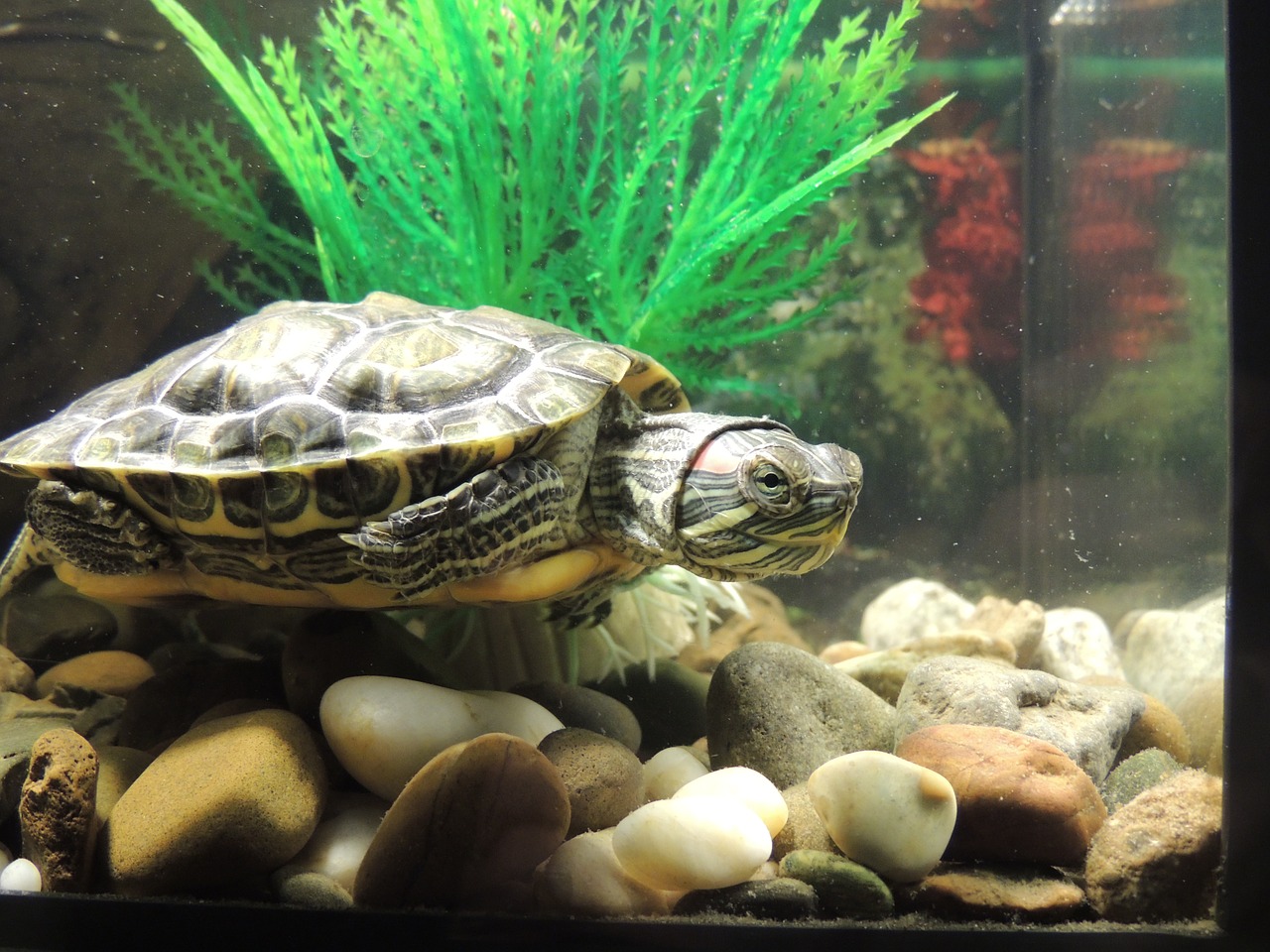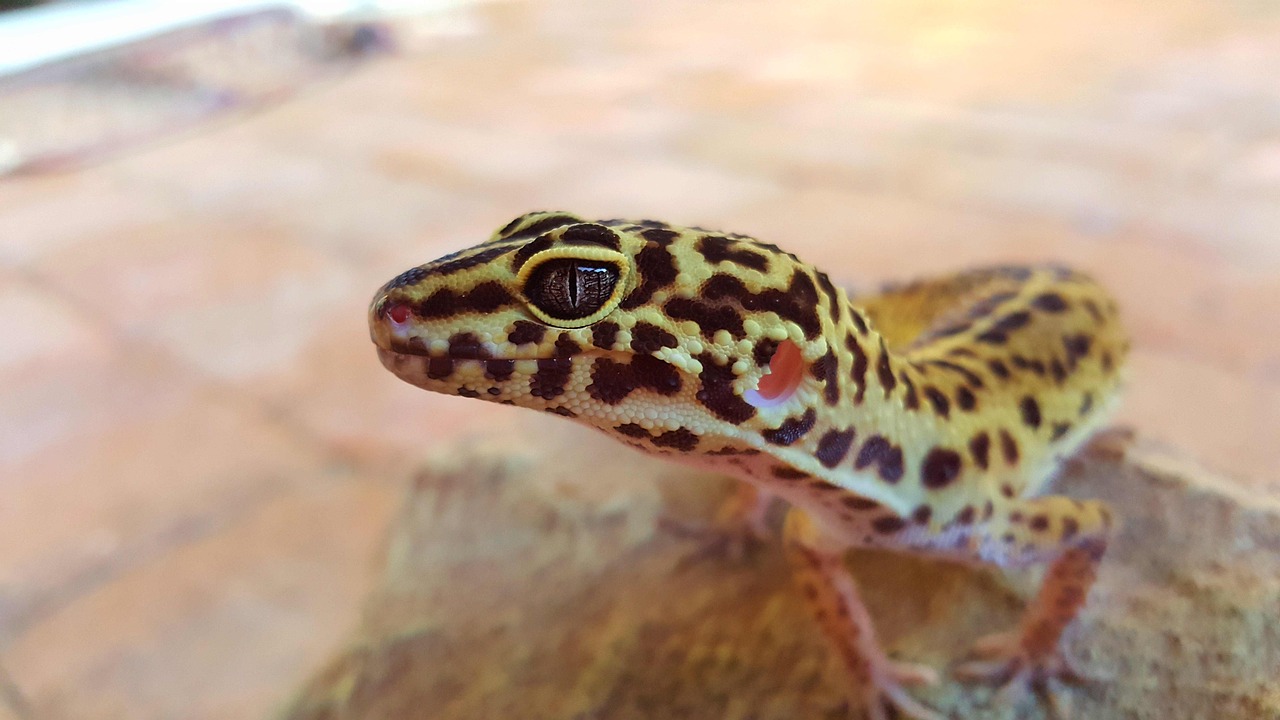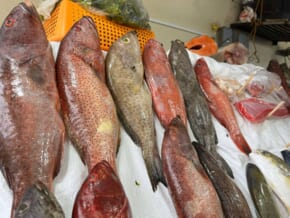Guide to Owning Exotic Pets in the Philippines
The trend of owning exotic pets has increased in the past years for various reasons like the increase in availability, the desire for alternative pets, or the changing trend in pet ownership. Exotic animals do have a certain appeal that is different from the common house pets that we’ve all gotten used to.

Red-eared slider
If you are a pet enthusiast or wildlife lover, you should know that owning an exotic pet is not kids’ stuff. There are information you should be aware of and regulations you should strictly follow. Here are some guidelines you must know about getting an exotic pet in the Philippines.
Most popular exotic pets in the Philippines
Animals are called exotic when they don’t naturally exist in a country. According to a study on exotic species in the Philippine pet trade by Emerson Sy (2015), the most popular exotic reptiles and amphibians in the Philippines belong to the aquatic frog, turtle, and lizard family. Some of the popular ones are the African clawed frog, red-eared slider turtle, and leopard gecko.

Leopard gecko
Buying an exotic pet
Farms and pet traders are required to register and get a permit to sell exotic animals from the Department of Environment and Natural Resources (DENR). Besides checking if the store has a Wildlife Farm Permit (WFP), be sure to check if they are permitted to sell the specific exotic animal you plan to buy. While some threatened species can be traded, critically endangered animals are without question not allowed to be sold or bought. To avoid trouble, you can also consult with the regional DENR office if the exotic pet you want to buy is legally documented. In Metro Manila, you can contact DENR-NCR at (02)435-2509.
Registering your exotic pet
It’s not that difficult to register your exotic pet. It’s better to go through this simple task now than to have your pet confiscated for not having the necessary permit. DENR is also the one responsible for issuing the Certificate of Wildlife Registration (CWR). You can get it at the DENR office in your area with a registration fee of only Php 50. Meanwhile, traveling with your exotic pet or bringing it outside of the country also requires certain permits. So, be sure to coordinate with the DENR office as well if you have such plans in the future.
Caring for your exotic pet
Owning a pet, whether it’s a cat or dog or wildlife, is not just a hobby. You need not only to invest money in purchasing them but also to dedicate some of your time to understand and ensure their welfare. Before buying an exotic pet, be sure to do some research and understand its nature, maintenance, and dietary requirements. Make sure that you can sustain their needs and provide them with a nice home. It would also help to know local vets in your area in case your pet gets sick or needs special care.
Written by: Rizelle “Rei” Leaño
Source: Department of Environment and Natural Resources, Checklist of Exotic Species in the Philippine Pet Trade, I and II (Sy, 2014-2015)













